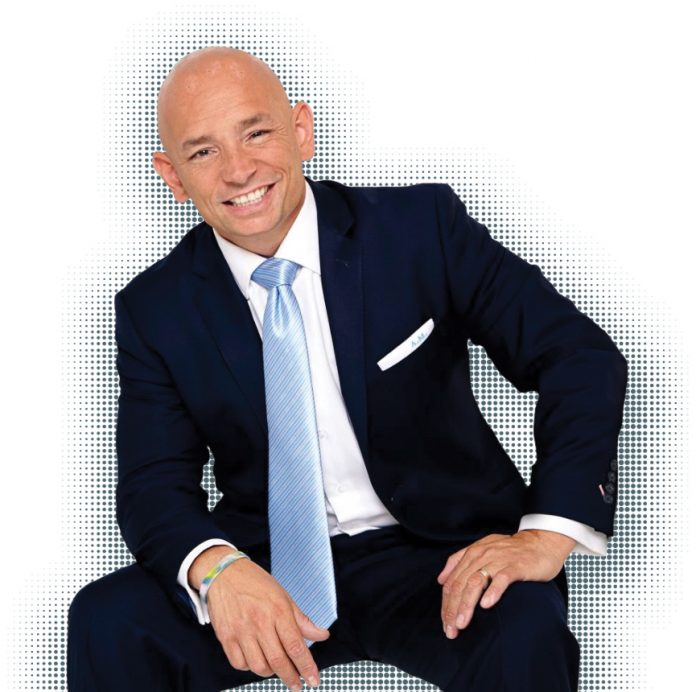
Anthony Melchiorri, hotel fixer and host of Travel Channel’s Hotel Impossible, loves dishing out advice. From sharing best practices to tackling operational issues, he’s here to answer your questions. This edition of Ask Anthony originally appeared in LODGING‘s March 2020 issue.
Got a question? Send it to AskAnthony@lodgingmagazine.com.
The industry is looking at flat RevPAR, but with expenses continuing to rise, what can we do?
Cost-saving opportunities can be found in many areas, beginning with hotels’ largest expense: Payroll. Increase efficiency by creating flexible schedules. Cross-training staff and maintaining one-third of your workforce as part-time employees can also present opportunities to save.
Then there are utilities, which typically average 6 percent of a hotel’s operating costs. Replace older equipment, use LED lighting and occupancy-based thermostat systems, and convert to smart technology wherever possible. Conduct an energy audit with your utility provider to source savings while helping to lessen the drain on the power grid. Check for third-party providers offering energy rebates. Shopping around can lead to savings of tens of thousands of dollars.
Besides the obvious environmental benefits from implementing sustainable practices, sustainability can also help your bottom line. Laundry reuse programs are estimated to save 17 percent on labor and energy, which also leads to less water, gas, and chemicals being used—again, saving money. Replace single-use soaps and shampoos with bulk dispensary units. These will soon become mandatory in certain areas, a trend that will continue to grow.
Check housekeeping carts to see which items have excess inventory. Lower inventory levels by using an occupancy-based system. Determine what items guests request most, and consider the additional variable costs. Finally, look to your vendors for strategic partnerships. Consider a national procurement company. Negotiate pricing on your 10-15 most regularly ordered items to protect yourself from price swings. In short, buy only what you need, place your orders based on occupancy, and never put money on a shelf.








